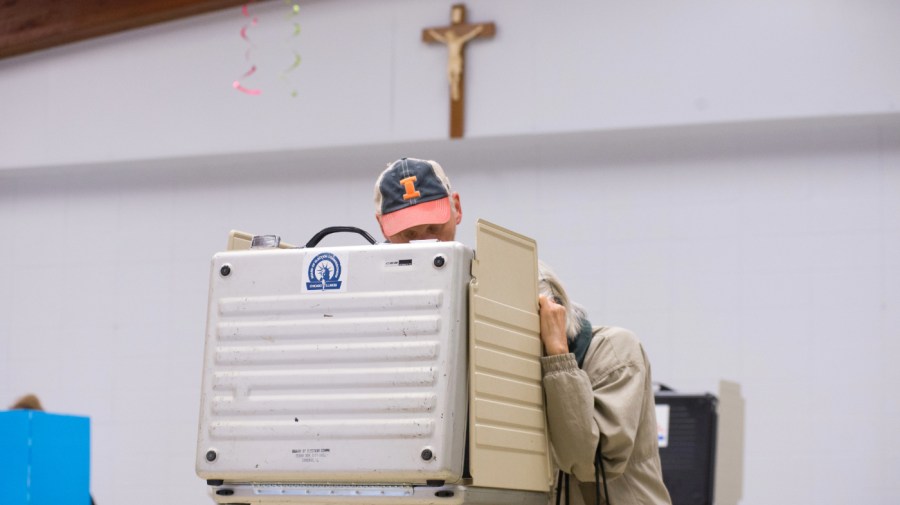The Democratic Party is currently facing criticism for not adequately engaging with a significant portion of the electorate: Christian voters. As the party seeks to regain its status as a majority force in American politics, experts argue that a more inclusive approach towards religious communities could be pivotal.
Research from the Pew Research Center indicates that approximately 65% of Americans identify as Christian, highlighting the potential impact of this demographic in upcoming elections. With the 2024 elections on the horizon, party leaders must consider strategies that resonate with these voters, who have often felt alienated by Democratic policies.
Many Christian voters have expressed dissatisfaction with the party’s stance on social issues. Concerns about the perceived secularization of its platform and the prioritization of progressive agendas over traditional values have led some to distance themselves from the Democratic Party. This shift presents both a challenge and an opportunity for Democrats to redefine their engagement with this vital group.
Strategic Outreach Needed
To effectively address these concerns, Democrats need to develop targeted outreach programs that acknowledge the values and beliefs of Christian communities. Engaging in dialogue about issues such as family, education, and community service can help bridge the gap. For instance, emphasizing the party’s commitment to social justice in ways that align with Christian teachings could foster a more inclusive environment.
Prominent party figures, including President Joe Biden and Senator Bernie Sanders, have begun to recognize the importance of connecting with religious voters. Biden, who frequently references his Catholic faith, has made efforts to appeal to religious audiences. However, critics suggest that more concrete actions and policies are necessary to translate these efforts into electoral success.
Potential Impact on Elections
The consequences of ignoring Christian voters could be significant. In recent elections, many have turned to Republican candidates who they believe better represent their values. For the Democratic Party to regain its footing, it must articulate a vision that resonates with these voters.
While addressing the concerns of Christian communities, Democrats also need to maintain their commitment to inclusivity for all religious and non-religious groups. Striking this balance is essential for fostering a diverse coalition that can mobilize a broader base of support.
As political strategists analyze the shifting landscape of American politics, the engagement of Christian voters emerges as a crucial factor. The Democratic Party’s ability to connect with this demographic could determine its success in the upcoming elections, making it imperative to address their concerns and aspirations.
In conclusion, the Democratic Party stands at a crossroads. By understanding and embracing the diverse perspectives within American Christianity, the party has the opportunity to strengthen its position and work towards becoming a majority party once again.
